I am thinking today about Freeman Horner, who earned the Medal of Honor in Germany in 1944. Horner was a private in Second Platoon, Company K, 3rd Battalion, 119th Infantry Regiment, 30th Infantry Division. I dug into the combat history of Horner’s regiment and what these men experienced from June 13, 1944, when they landed in France, through the German collapse in May 1945, clashing with the 1st SS Panzer Division in August 1944, and liberating part of the Buchenwald concentration camp at war’s end. Truly a group of heroes and American leaders.
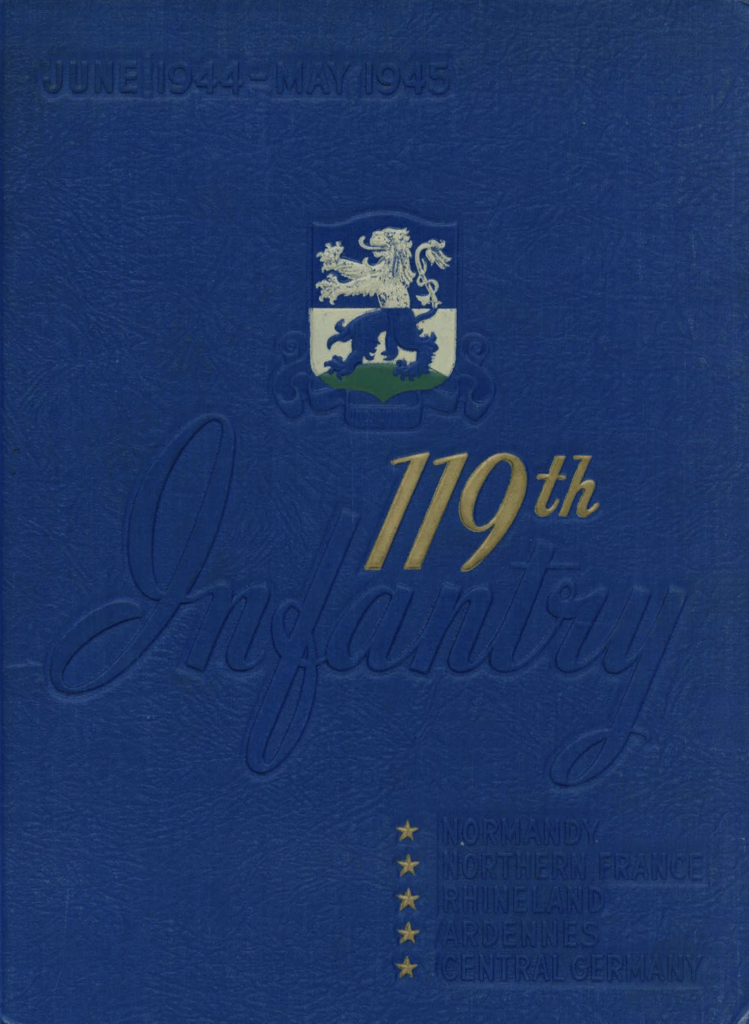
You can find the regimental history online, and, if you have ever served in a small infantry unit, reading these first person narratives of what these men experienced is almost eerie. It takes you back to your own time in the little mobile home of a squad/platoon/company/battalion.
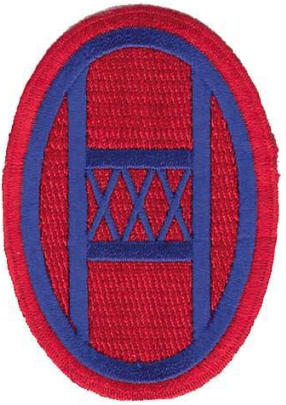
(As an aside, I wrote about Mack Jordan, who earned the Medal of Honor 72 years and a day ago in Korea, as well as about Mitchell Red Cloud, who earned the Medal of Honor when the Chinese entered the Korean War a year earlier. Both of them were 30th Infantry Division Warriors.)
Back to Freeman Horner. You can read Horner’s citation here. On November 16, his company stalled in their attack in the face of intense indirect fire. Then machine guns pinned down the company. Horner, a private at the time, stood up and charged 100 yards directly at the German machine guns. He killed two Germans, pretty much while on the sprint, knocking out one machine gun nest, and then pressed the attack against the remaining guns. The Germans fled, and Horner chased them into a house and threw grenades into the cellar they were in until they surrendered. It’s a powerful story and an incredible act of physical leadership.
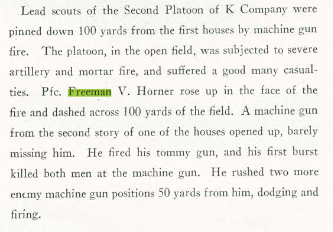
You cannot find out that much about Horner, though, at least through a quick internet search. At least according the regimental history, he was a private when he earned the Medal of Honor, but he is listed as a Staff Sergeant on his Citation. He stayed in the Army, serving in Korea and retiring as a Major. I don’t know if he was active in Medal of Honor circles, or with the Medal of Honor Society or with Army activities. He died in 2005, but it looks like he may have had a debilitating stroke in 1990. Two roads are named for him in Georgia, his home state.
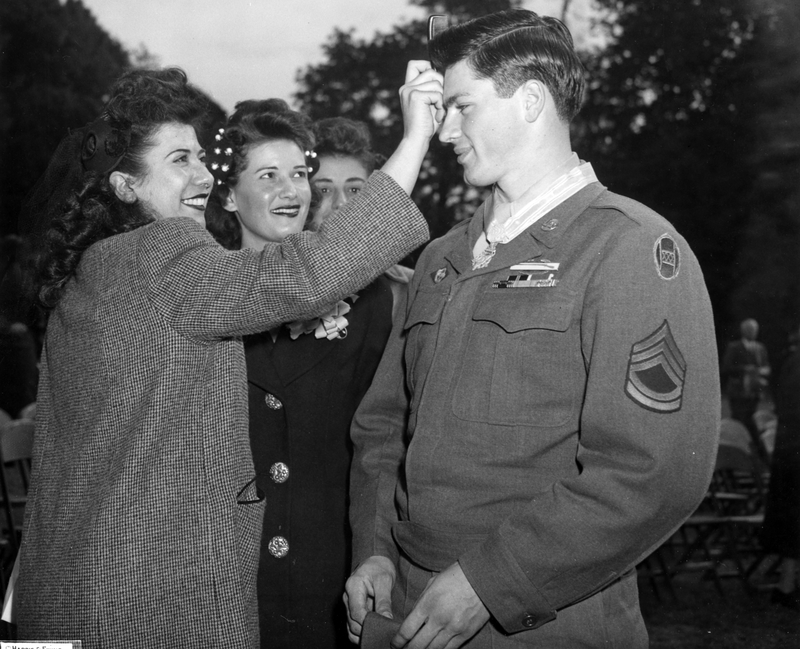
In early November 1944, the regiment was resting after five months of combat. The 3rd Battalion got a mission on November 16 to reduce the German town of Wurselen. That’s when Horner’s platoon was bogged down and he kept into action. After Horner cleared the house, he brought the rest of his squad up, but then intense German artillery cut the men off and they could not be relieved until the next door. Kilo Company’s commanding officer, Captain Harry Hopcraft, was badly wounded and evacuated in the fight, and they lost several soldiers.
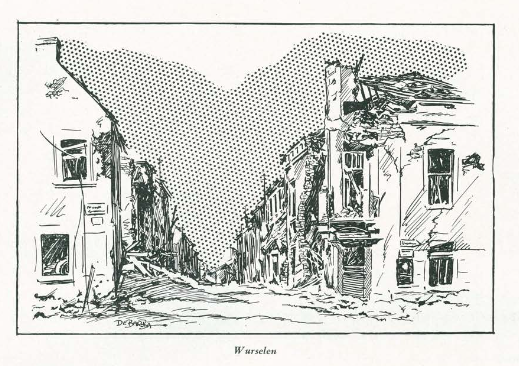
Honor and remember the great Americans who fought in Germany today, 79 years ago.

